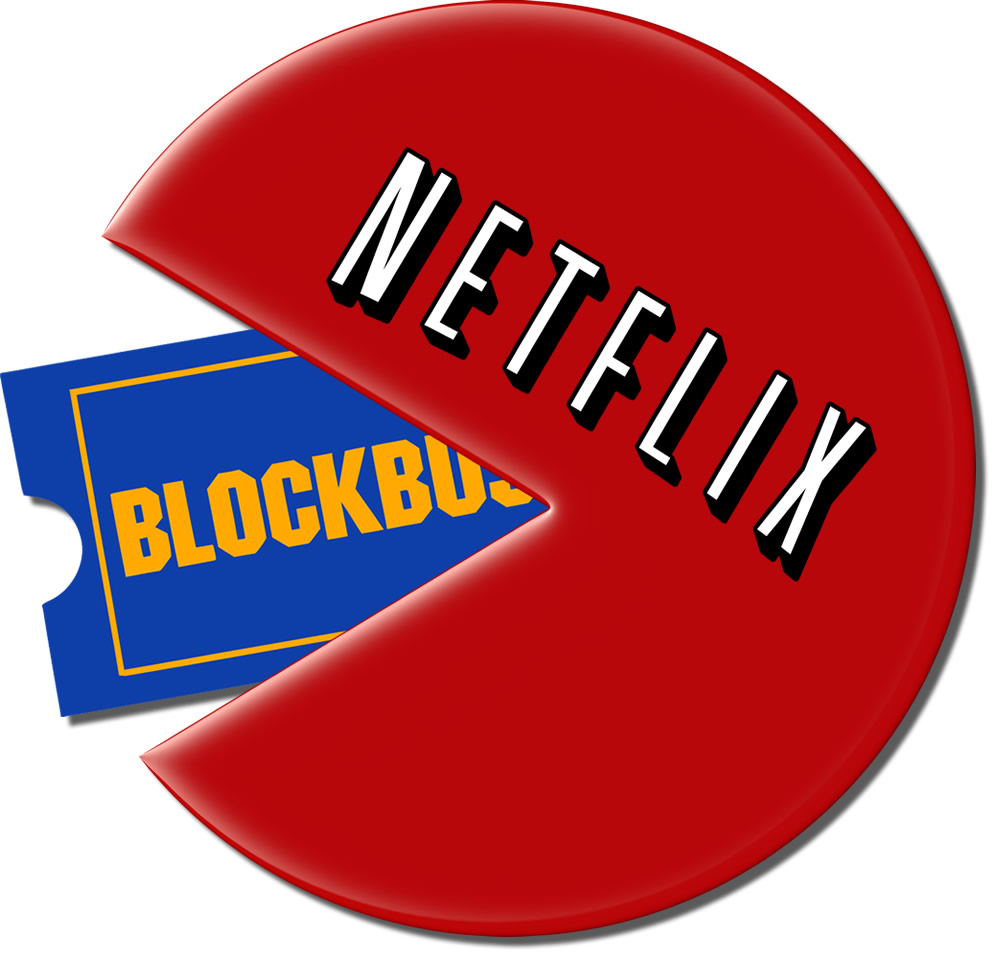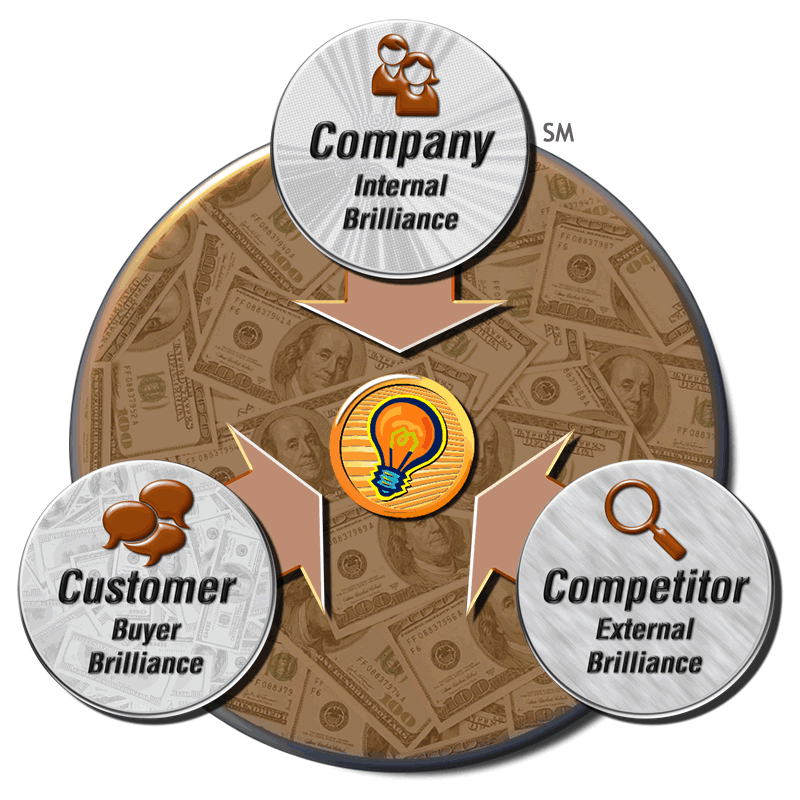Can Your Business Grow With a Subscription Business Model? Can Memberships Work in Your Business?
- Sep 1, 2024
- The Big Innovations Team
- Houston, Texas

 If you are interested in starting a subscription business, thoroughly working out the many details of your model is a crucial first step. The most common catalysts that motivate this pursuit are having a:
If you are interested in starting a subscription business, thoroughly working out the many details of your model is a crucial first step. The most common catalysts that motivate this pursuit are having a:
- rough-to-good idea for a product or service suitable for selling via subscription,
- big pool of leads or customers that would probably be willing to pay for a subscription to the right product or service if you offered one, or,
- following to some kind of free membership or subscription product (for example, a website blog, video channel, podcast or free newsletter) and you want to try to monetize that database.
Any scenario along these lines should lead to seeking out expertise- like ours- to help with the next steps rather than a pure DIY (do-it-yourself) route. Can you guess your way into a profitable subscription model on your own? Of course you can! But...
Doing so typically involves a sequence of common mistakes... many of which will seem perfectly logical when you make them. Some of those mistakes can be expensive. Others have significant opportunity costs.
Repeating mistakes already made by subscription business trailblazers long before you needlessly wastes time & money... often LOTS of BOTH! Bypass those errors by utilizing expertise to either show you the way OR directly step in and help you do it all right. Leveraging experienced talent like ours is the fastest & smartest way to lucrative subscription model profits.
THE #1 MISTAKE MADE WITH NEW SUBSCRIPTION MODEL THRUSTS
We've interacted with many business owners who chose that harder, DIY path... opting to try to do EVERYTHING themselves, even though they have little-to-no experience in many of the disciplines involved. This is like a baseball player deciding that he/she wants to be his/her own complete team, trying to cover all 9+ positions him/herself... and be the manager... and the business office... scorekeeper, parking management and sell tickets & concessions.
This is like a baseball player deciding that he/she wants to be his/her own complete team, trying to cover all 9+ positions him/herself... and be the manager... and the business office... scorekeeper, parking management and sell tickets & concessions.
If they want to own a successful team, they need to hire the best people they can get to fill the roles beyond their own expertise. Yes, they certainly can TRY to cover all bases themselves... but that very likely yields an outcome that will be FARRRRRRRRRR from ideal. New strategic thrusts or business startups face enough organic challenges. Why force a needless one on yours too?
Those smart enough to become successful entrepreneurs already KNOW this to some degree. Wherever they have previously worked, there were all kinds of fellow employees who were specialist talents within those firms. Yes, their employer(s) could have been complete fools paying all those people instead of giving ALL company jobs to the lone, "I can do everything better than anyone else" hire. Or perhaps their employer already figured out a universal truth...
it takes a talented TEAM to make a successful company.
Even a startup is much more likely to prosper if experienced help beyond the entrepreneur contributes their respective gifts.
Often startup DIY is motivated by cost-minimization madness: if you don't hire anyone to help you, you don't have to pay for any help. That's trying to make that 1-player baseball team work. Yes, human talent costs will be lower if one person wears all hats... but that 'team' will never win a game. Any entrepreneur who is so focused on cost that he/she will shoot themselves so severely in the foot is missing the bulk of the point of entrepreneurism: it's the TOP-line number much, MUCH more than how cheaply you can constrain cost of operations. Smart teammates can contribute their expertise to drive strong top-line numbers.
A robust top-line minus a sensible (not lowest) cost-of-operations equals bottom-line profit success. It's actually PROFIT that objectively gauges success. There's only so much additional profit to be squeezed out of penny-pinching.
Think about needing some kind of surgery. If you shop around, there's someone who will do it for less. If you are willing to travel to third-world nations, it will probably be cheaper there. If you don't require a medical license, you get a lower quote. Back-alley, black market surgery is even less. If you decide to try to do it yourself, cost might fall to zero.

Of course, there's no win if the chosen option KILLS you. No dead patient ever celebrates how much money they saved on their failed surgery.
Your new startup's life is on the line. Don't foolishly kill your good idea before giving it a real chance to succeed. A classic truth applies: it takes money to make money. No investor has ever made a fortune by investing nothing.
Think about any company with which you've been associated that went into an aggressive cost-cutting mode. Cutting accumulated fat can be a positive to short-term numbers. When the fat is gone, any additional cuts become detrimental to future success. Those companies MUST shift majority focus back to growing the top-line number before there's nothing left to squeeze out of cost of operations.
A startup or new strategic thrust has NO fat- or even meat- on its bones yet. Starting out in aggressive cost-cutting mode is starving your baby long before it has a chance to grow. In short: if an entrepreneur focuses his/her profitability on how cheap he/she can keep their costs, their maximum profitability is hard capped. Shifting most of that focus to the top-line is uncapped upside: there's always capacity for another sale to grow profit. Feed your new baby instead of starving it. It's the only way to grow.
When such entrepreneurs get around to reaching out to us, we are always able to teach them a new thing or two… or five… or twenty+... because we've already "been there and done that" many times before. As in all things, experience counts! Take full advantage it!
If you field the best team you can, the odds in winning many games goes way up. If you hire the most-experienced surgeon, the patient is much more likely to survive the surgery. If you hire a good mechanic to fix your car, the car is probably going to run. If you hire a capable orthodontist to straighten one kid's teeth and try DIY braces for the other, only one will probably end up with a dazzling smile. If you need a bridge built over a river, you better bring on bridge-building experts. If you need a jet flown from here to there, you better hire some jet pilots. Etc. There are no 1-person Wall Street banks. There are no 1-person skyscraper builders. There are no 1-person cruise ship lines. There are no 1-person casinos (online or off). Think of all Fortune 500, 1000, even 5000 companies: how many have only ONE employee doing ALL of their jobs? Smart entrepreneurs make good decisions. Be smart!
EVALUATING SUITABILITY AT THE EARLIEST STAGE...
...is mostly about thinking through whether anything you could offer a customer could be consumed over time. That's the key to subscription business success:
How can this product or service be delivered over time so that it makes sense to regularly pay to keep it coming?
An obvious example anyone knows- magazine subscriptions- deliver a new issue every month. The unique (fresh) content of each new issue justifies the money subscribers regularly pay.
Similarly, most network television shows release several new episodes each month. TV schedules attempt to spread the hit shows around so that there is always a stream of new "must-see-TV" episodes impending. This regular- but staggered- release of new value is fundamental to a good subscription model offering: appealing enough to want (to pay for) it AND released at a pace that nurtures & persists that want over a long period of time.
hit shows around so that there is always a stream of new "must-see-TV" episodes impending. This regular- but staggered- release of new value is fundamental to a good subscription model offering: appealing enough to want (to pay for) it AND released at a pace that nurtures & persists that want over a long period of time.
This also means not everything is ideal to package as a subscription or membership offering. For example, something that delivers the bulk of its value at once- a book, a vacation destination, a drink, a live show, etc. where nearly all a customer can get out of it is realized in a short span of time- is generally NOT something to try to sell as a subscription.
Very simply: not just anything works. Yes, you can try to force something into a subscription wrapper... but it must make sense (that way) to the other end of the proposition too. If a buyer can realize the bulk of the value quickly, they probably will not want to maintain regular payments for it.
It's very important to consider every idea through both lenses: yours (seller) and theirs (buyer).
Especially for sellers, this is harder to do than it seems... and a good reason to hire some outsider expertise- like us- to help you get all of this right. Sellers tend to give all kinds of thought to what's in it for themselves... but up to ignore the other party. The very best model innovation will actually flip that around: figure out what's in it for subscribers. Success piling up good, tangible benefits for them will have a much-desired side-effect of being good for the seller too.
SUBSCRIPTION BUSINESS OPPORTUNITIES ARE EVERYWHERE!
Many concepts CAN be packaged for subscription. You need not think in terms of only magazines, newsletters, music or video. One could think of their utilities (electricity, water, etc) as subscriptions: you pay a monthly rate for uninterrupted service consumed over time. About every kind of insurance can be viewed as a subscription too. Cable, Satellite and Streaming TV, your internet service, select software & mobile apps, cell phone service, anything you lease (car, apartment, etc), services "in the cloud," etc. Have a gym membership? Credit monitoring? Education? Club membership? Do you auto-pay for regular delivery of any kind of products or services? Or subscribe to a season of live shows or virtual trainers pushing you to run or pedal along far-away trails? __________-of-the-month clubs? Even the most commonplace products- like razor blades- have been packaged this way. The possibilities are nearly endless.
Searching for your own concept? Sometimes the best catalyst is to look at the old & established and repackage it in a subscription model. For example, Blockbuster Video (the company) and similar dominated the movie rental business for a long time. You rented a movie from a local store when you wanted to watch it. Everyone did it this way. It was the "normal" way to get to watch a variety of movies at home.
Netflix came along in 1999 with a subscription-by-mail spin on Blockbuster's thoroughly dominant business model. The difference was that Netflix would get paid every month regardless of how many movies subscribers rented… or did not rent.
The difference was that Netflix would get paid every month regardless of how many movies subscribers rented… or did not rent.
In 1999, many found great fault with the Netflix team trying to take on the entrenched goliath of the space… especially with a business model that appeared to involve delivering a higher volume of movies to customers for a net rental equivalent that would be less revenue-per-movie. How could that work? That makes no sense! Etc.
Nevertheless, the value proposition was obvious to customers. In only a decade, Netflix grew from zero to more than a billion dollars in annual revenue. The very well-established goliath was disrupted and then replaced by a comparable business selling exactly the same product in a modestly different way. What other businesses are ripe for re-imagining within a subscription model? (that's your cue).
The next page digs into the fundamental considerations for creating a successful subscription model...










